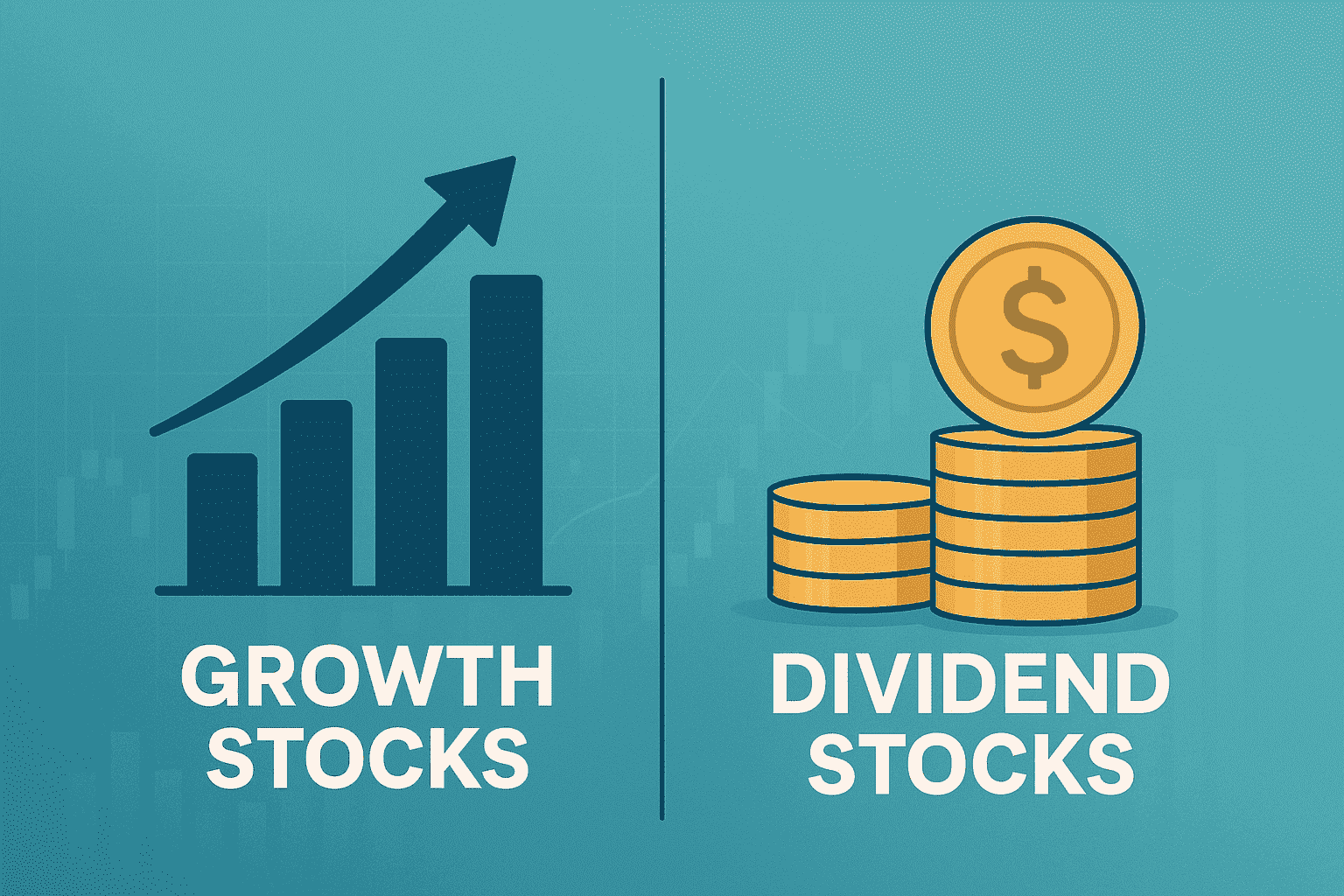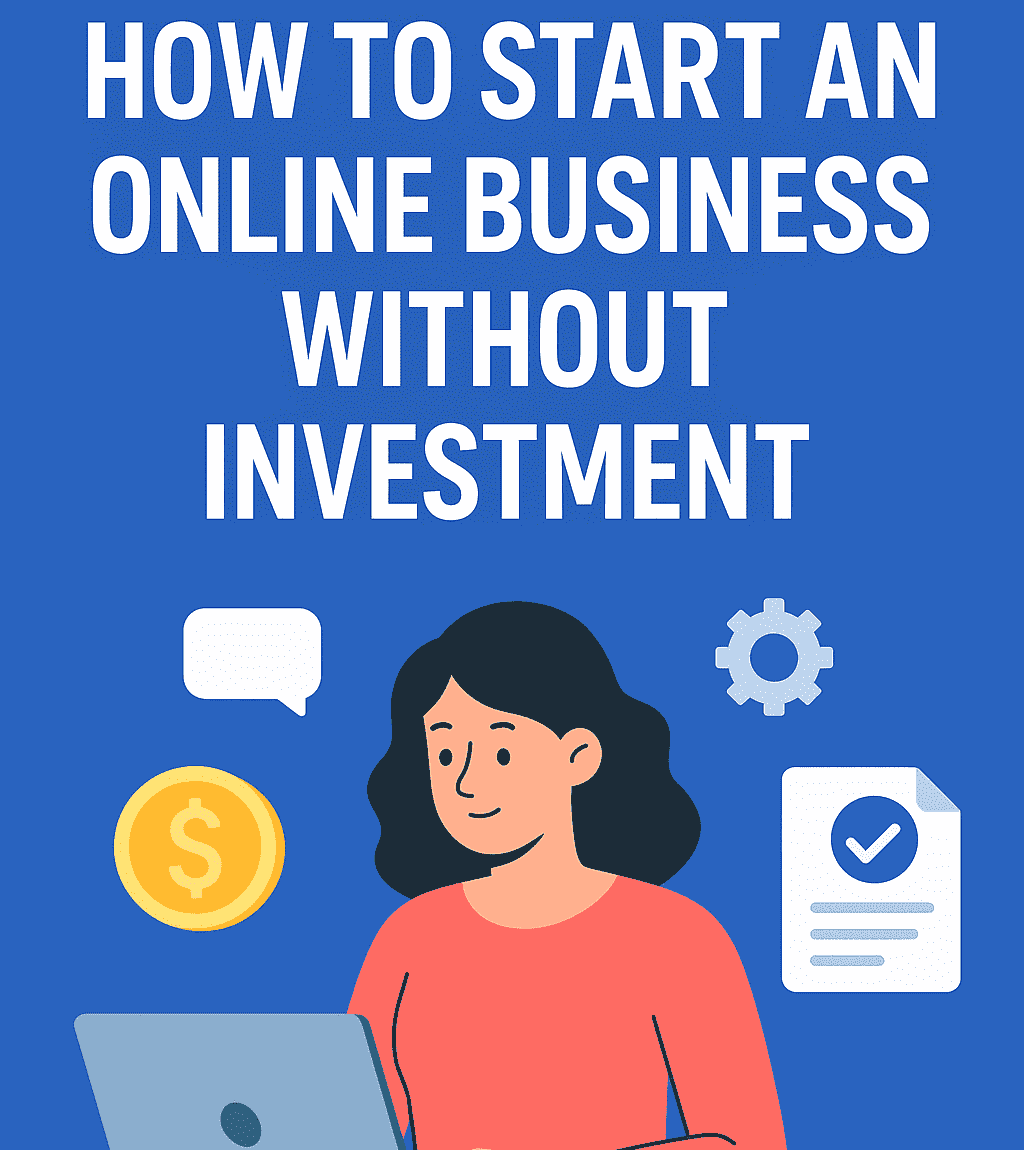Investors are still drawn to Manchester’s thriving property investment market. The city’s booming economy, increasing number of young professionals, and revitalisation initiatives all point to a favourable environment for Manchester property investment. But handling the legal ramifications of purchasing and maintaining a property can be difficult. It is essential that you familiarise yourself with important legal factors in order to guarantee a successful and seamless investment journey.
- Selecting the Appropriate Property Structure
Choosing the best ownership structure for your Manchester property purchase is the first legal challenge. These are the two primary choices:
- One-person business: The most basic arrangement is one in which you are the direct owner of the property. But it comes with unlimited liability, which means you bear full responsibility for any obligations or disputes relating to the property.
- Limited Business: A limited business is a better option for protection. Since the property is owned by the corporation rather than you directly, your liability is limited to the amount of money you have invested.
Those who own many homes or are looking for tax benefits will find this structure especially advantageous. You can decide on the best structure for your unique situation and financial objectives by speaking with an attorney.
- Tenancy Contracts and Landlord Obligations
Making sure your Manchester property is well-represented requires a solid tenancy agreement. The rights and obligations of your tenants and you, the landlord, are set down in this legally binding agreement. Important elements to mention are:
- The quantity and timing of rent payments
- Amount of deposit and protection plan
- Duration of the lease
- Permitted usage of the asset
- obligations for upkeep and repairs
- Council tax and utilities
- Clause of termination
A sample tenancy agreement can be found on the government website, but to make sure your agreement complies with current laws like the Homes (Fitness for Human Habitation) Act 2018 and the Housing Act 1988, it’s best to have legal counsel.
You have legal responsibilities as a Manchester landlord with relation to the state of the property. Make sure it’s “fit for human habitation,” which entails that it satisfies fundamental requirements for health and safety, such as having the appropriate electrical and gas safety certificates.
- Understanding Tax Implications
Investing in real estate in Manchester entails a number of tax considerations. Below is a summary of the main taxes you will be subject to:
- Land Tax Stamp Duty (SDLT): In England and Wales, there is a tax on the purchase of property. Depending on the purchasing price, the rate changes.
- revenue Tax: Your Manchester property’s rental revenue is liable to taxation. It will be necessary for you to report on your self-assessment tax return.
- Tax on Capital Gains (CGT): You can be responsible for CGT if you sell your Manchester house for a profit.
You may make sure you’re optimising your tax status and navigate these intricacies by speaking with a tax professional.
- Legal Counsel and Property Management
It takes time and work to maintain a rental property in Manchester. Many investors choose to work with a reliable property management company, even though you can manage it yourself. Although this service is not free, it can save you time and guarantee that your property is occupied by trustworthy tenants and is well-maintained.
It is quite helpful to have a solicitor available for the duration of the investment process. They can help you with legal matters such as tenancy agreements, conveyancing (the formal transfer of property ownership), and possible tenant conflicts.
- Keeping Current on Regulations
The property investment legal environment is subject to change. Keeping up with legislative changes, such as those pertaining to energy efficiency regulations or tenant rights, can guarantee that you stay compliant and stay out of trouble with the law.
You may stay informed about the most recent laws and best practices by consulting resources including government websites and the National Landlords Association (NLA).
Beyond the Laws: Constructing a Profitable Manchester Property Portfolio
Although legal considerations are crucial, a successful Manchester property investment plan involves more than just following the letter of the law. Here are a few more pointers:
- Perform in-depth market research: To identify the precise Manchester neighbourhoods that fit with your investment objectives. Take into account variables such as rental yields, in-demand property types, and revitalisation initiatives.
- Seek professional advice: Throughout the process, don’t be afraid to speak with a solicitor for legal counsel and a property surveyor for a thorough value.
- Establish a solid rapport with a property management business: Select a trustworthy and knowledgeable business that can effectively manage your home and is knowledgeable about the Manchester market.
- Invest in preventative maintenance: Keeping up with routine maintenance keeps your property appealing to renters and helps you avoid future expensive problems.
Building a profitable investment portfolio that yields long-term profits and successfully navigating the Manchester property market can be achieved by combining a strategic strategy with a well-defined legal framework. Keep in mind that information is power, and knowing the legal ramifications gives you the ability to make.















Leave a Reply